
Book
Communicate in a Crisis
Understand, Engage and Influence Consumer Behaviour to Maximize Brand Trust
Recommendation
Kate Hartley, a 25-year veteran of crisis response public relations, offers an incisive, readable guide to planning crisis communications. Although crisis communications for brands has been around for decades, Hartley reorients the practice to work within current media trends, including avoiding fake news, using influencer marketing and be cautious of customer information overload. Along with her useful and accessible advice, Hartley offers cringe-worthy studies of what not to do, as well as examples of best practices in action.
Summary
About the Author
Crisis communications and PR consultant and trainer Kate Hartley co-founded Polpeo, a crisis simulation company that works with major brands.









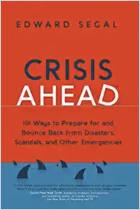
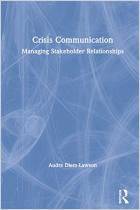
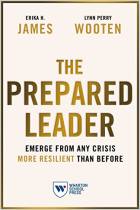
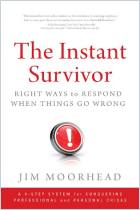
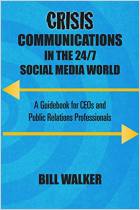
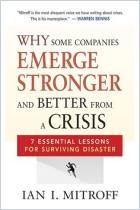





Comment on this summary